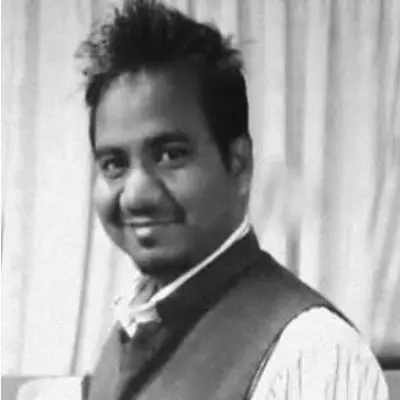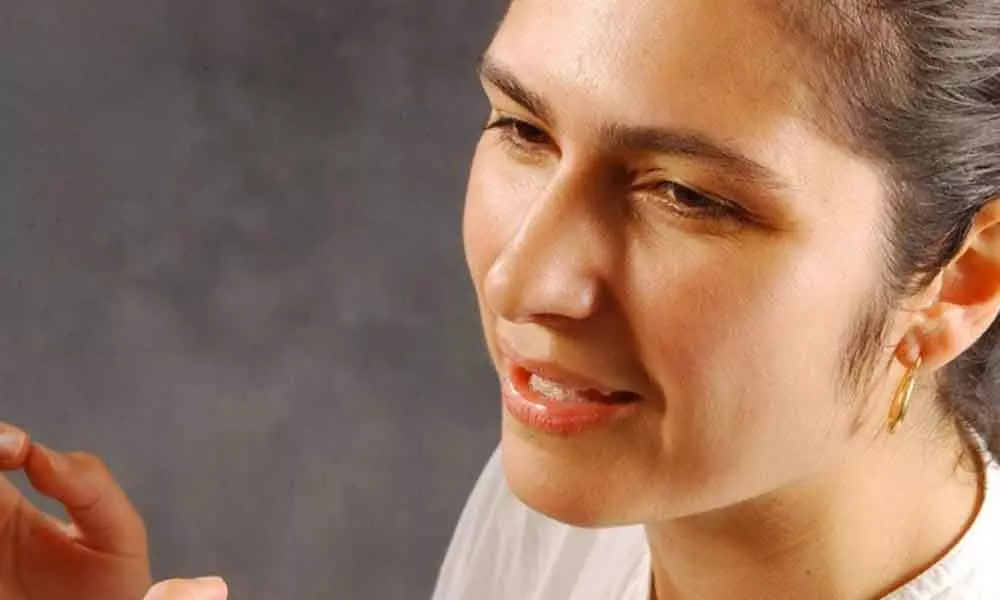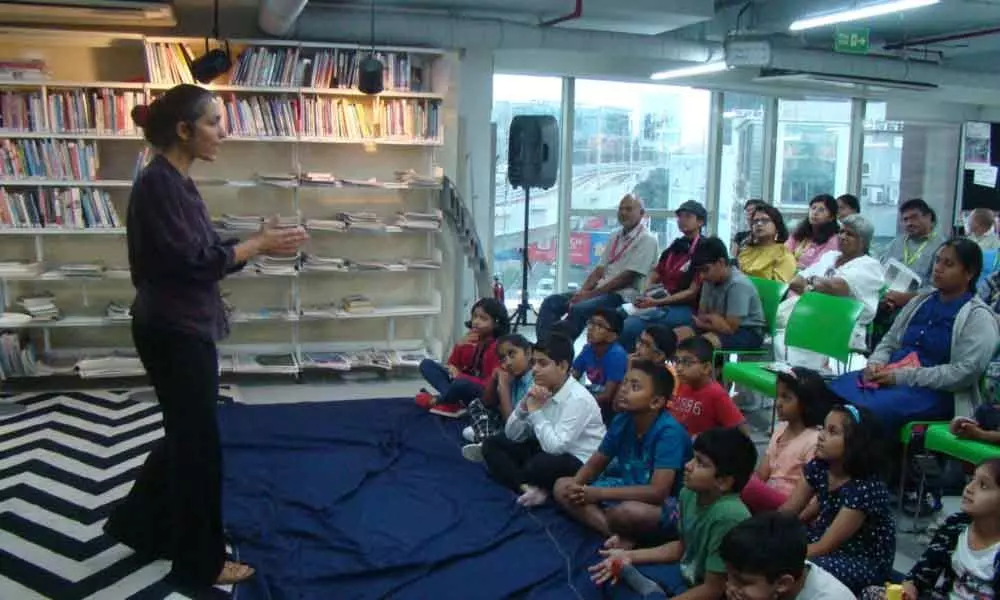Stories are best forever
International storyteller Vergine Gulbenkian, stresses on communication through performance, enabling others to tell their stories...
Renowned storyteller Vergine Gulbenkian recently performed in Hyderabad as part of British Council's workshop 'Share Your Stories'. The event was for teachers, trainers and aspiring storytellers of the city. In her performance 'Fire: A State of Matter, she narrated the tragic love-epic at its heart, which begins with the Great Fire of Smyrna in 1922, from which Vergine's Great Grandmother fled as a refugee. During the performance, Vergine showcased the distinguishing features of identity, culture, language, family, homeland and what unites us beneath all that.
Vergine began working on the craft of telling traditional tales 28 years ago, after studying drama. Her interest led her to research the rich Armenian oral tradition. She has performed shows developed from traditional tales and epics in a variety of settings - Arts Centres such as the Barbican Pit, village halls in the Pennines, festivals, museums, schools and storytelling clubs. She was 'Storyteller in Residence' for a project called Storytelling across cultures which brought traditional tales to schools and community centres in Oxfordshire and regularly works with Education Staff at the Museums in Oxford – performing stories around exhibitions, often combining science and story. In recent years she has been working in schools as a creative partner helping staff and pupils discover the richness of sharing stories.
Why did you choose the craft of telling traditional tales after studying drama?
I was interested in performance and I found traditional tales to be rich material to work with.
How have you carved out a career as a storyteller?
I began by telling stories I had heard as a child and then reading collections of stories, epics and myths. I studied, collected stories myself and took a couple of short storytelling courses. Then I set up events in which I could perform and also worked with schools and museums.
What's the hardest thing about being a professional storyteller?
It's hard when there is no understanding or appreciation of the work that has gone into crafting stories to create a performance.
What oral traditions of India fascinated the most?
The Pandavani, Shadow puppets, Bauls of Bengal, the tellers who tell with a story cloth like the Epic of Pabuji. I love Indian mythology- Mahabharata, Ramayana, the Creation myths, Brahma, Vishnu, Shiva, Ganesha. I also enjoy the folktales I have heard and the Panchatantra.
Where are your roots from and do know about any oral traditions of that place?
I was born in the UK, but my family is Armenian by origin. I studied the Armenian oral tradition, co-creating a documentary film and completing an MPhil thesis at Oxford University on the subject.
What intrigued you the most while researching on the rich Armenian oral tradition?
The fairy tales or wonder tales from all regions and the ashough tradition.
In this digital age, what significance does storytelling hold?
A face to face sharing of stories is essential for me and for most people I know. We need that interaction as human beings. I am delighted to be invited by the British Council to do a tour across various Indian cities for the storytelling workshops and performances.
What are your future projects?
I am developing a new show and I would love to work more with other artists.






